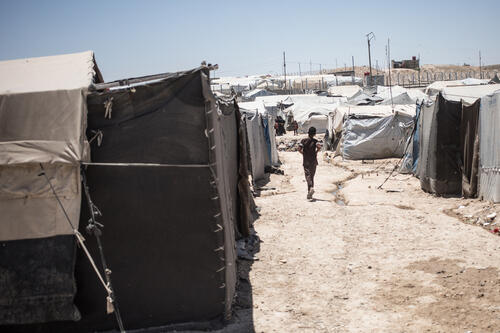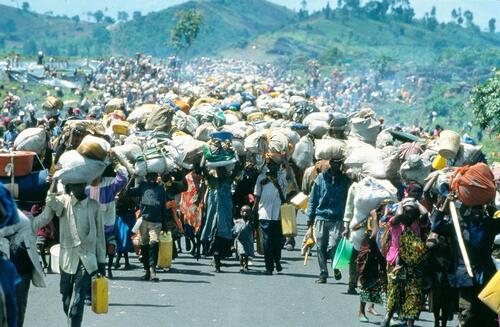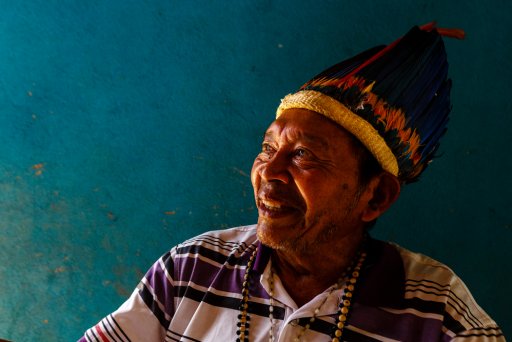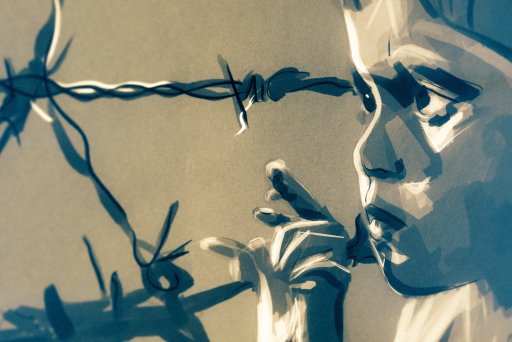Sorry, that story no longer exists on our website
The article or video you are looking for has been moved to our archive. Perhaps another story on this page might interest you?
Scroll down for links to our latest news, crisis explainers and videos from our projects.
Latest news and stories from MSF Ireland

Read MSF's new report on sexual and gender-based violence in Haiti.
Learn more

Read how MSF responded to the devastating flooding in Aceh, Indonesia.
Learn more

MSF has recently equipped the hospital of Niafounké, in northern Mali, with a solar photovoltaic system that now covers 60% of the hospital’s energy needs
Learn more
Never miss another story
Sign up to Frontline, our monthly e-newsletter, to stay up to date with MSF's life-saving work in over 65 countries
MSF crisis responses explained
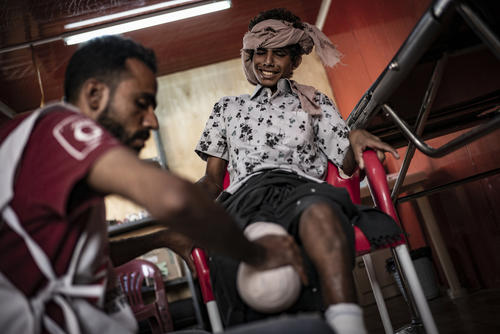
Years of conflict have left millions in Yemen without food, water, or healthcare. MSF is saving lives every day— learn more and support our work.
Learn more
